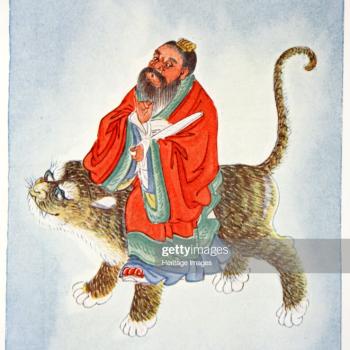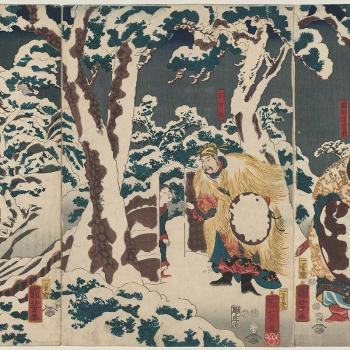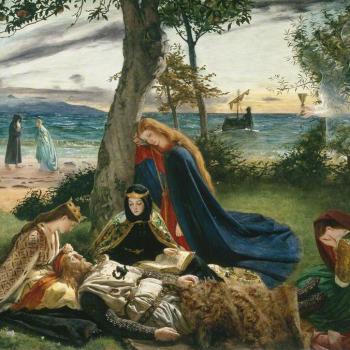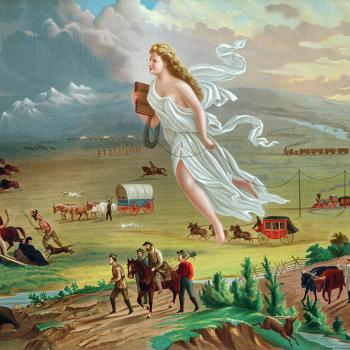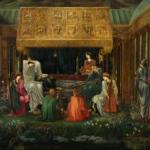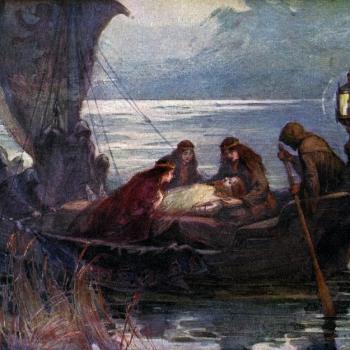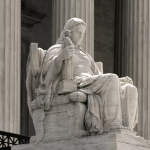Millennialism has a long history in China. Though millennialist thinking spans the globe, rarely has it showed so much diversity or had such an influence as in Chinese history. Millennialist movements, large, popular, and sometimes capable of remaking the country’s balance of power, are a constant feature of the last two-thousand years of Chinese history. Indeed, two of the nation’s most well-known dynasties, the Tang and the Ming, began as millennialist movements and maintained aspects of their messianic ideology even... Read more

